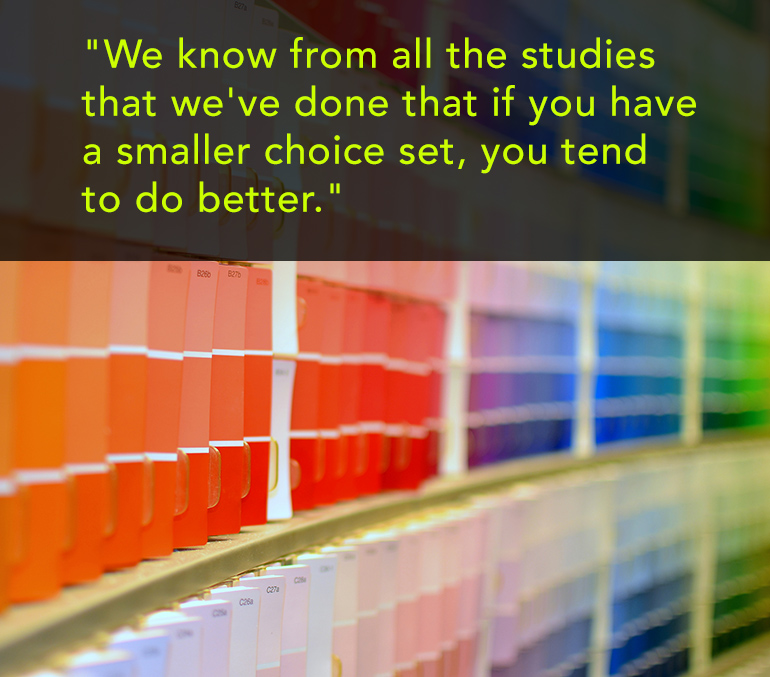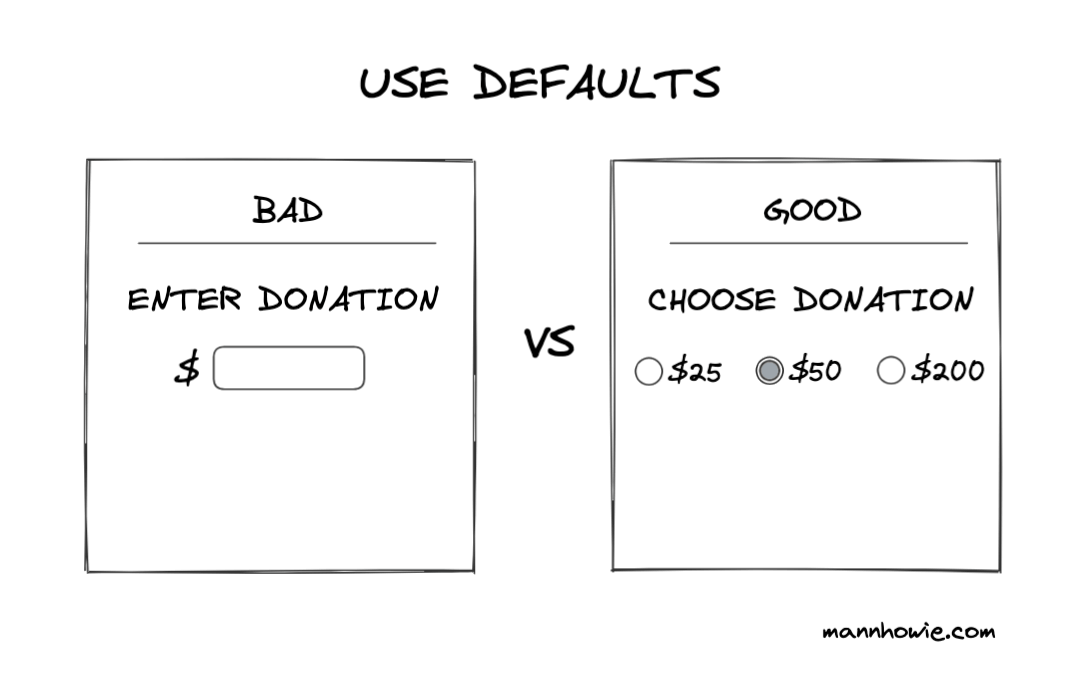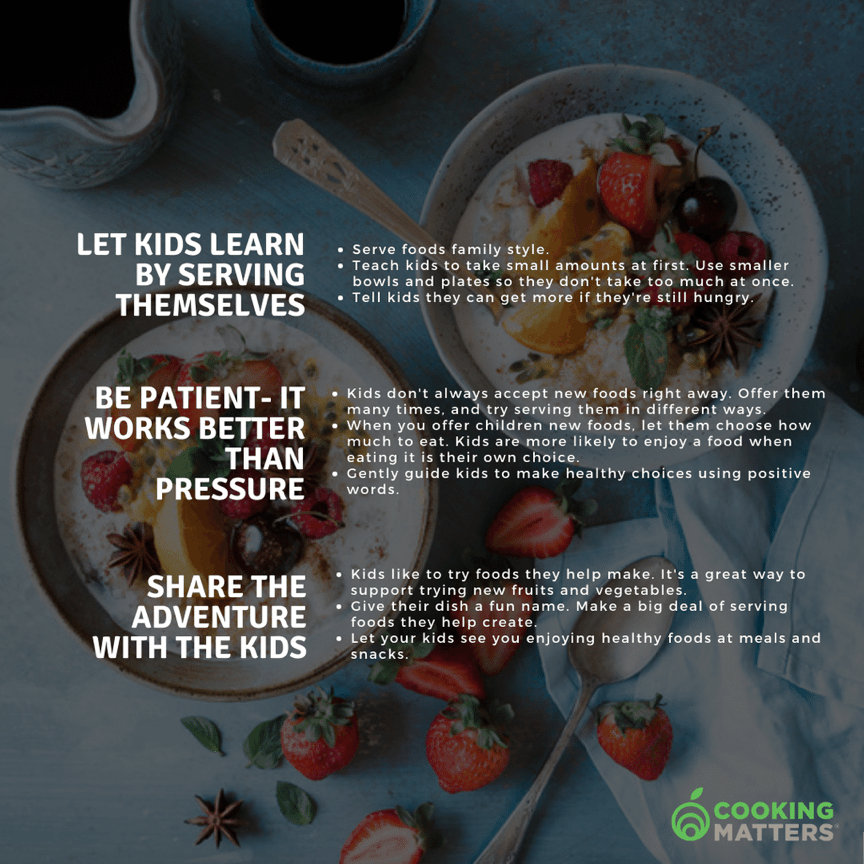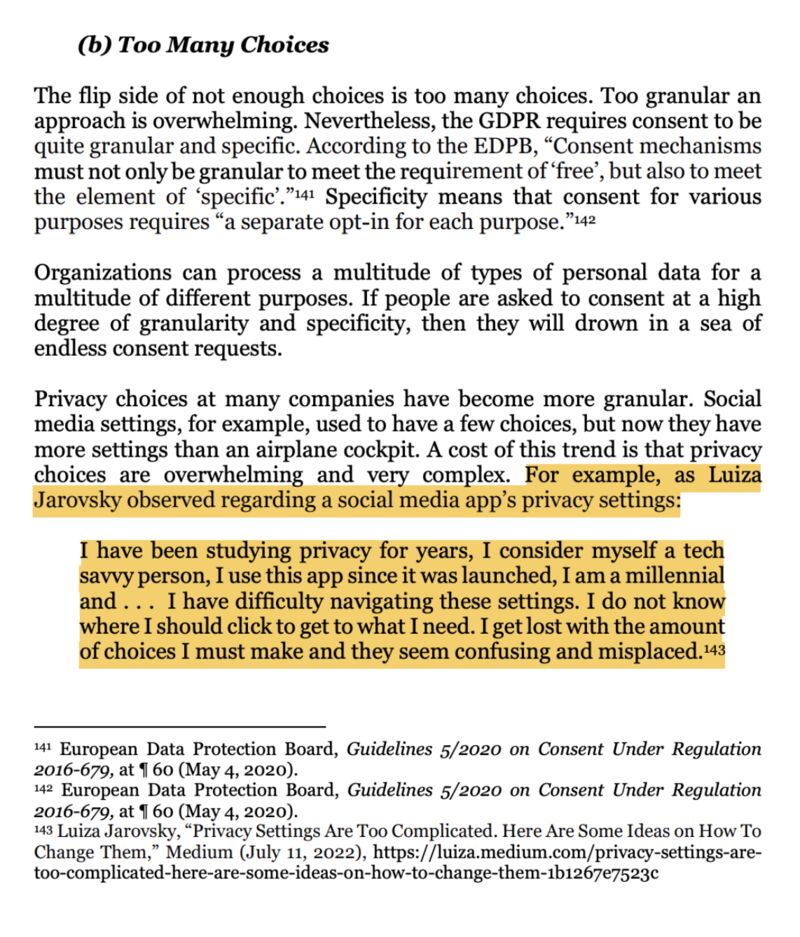Decision Fatigue? Simplify Your Life with These 5 Tips!

Making decisions can be exhausting, and this is why decision fatigue has become a real concern for many.
It refers to the deteriorating quality of decisions made by an individual after a long period of decision-making.
The good news is that with some simple tricks, you can simplify your life and reduce the impact of decision fatigue on your daily routine!
Here are 5 tips to get started!
Quick Summary
- Choice overload can lead to decision paralysis.
- Having too many options can decrease overall satisfaction.
- Limiting choices can lead to better decision-making.
- Brands use choice architecture to influence our decisions.
- Being aware of our own decision-making biases can help us make better choices.
What Is Decision Fatigue

How to Avoid Decision Fatigue and Increase Productivity
As an expert, I've noticed that many people suffer from decision fatigue without realizing it.
This mental state occurs when making choices becomes overwhelming and leads to poor productivity and bad decisions.
In simpler terms, our ability to make good decisions deteriorates as we continue making more choices throughout the day.
Regardless of profession or lifestyle, everyone experiences decision fatigue if they make too many choices in a day.
For example, managers who control every aspect of their company's operations will feel exhausted towards the end of each workday due to this phenomenon.
Our ability to make good decisions deteriorates as we continue making more choices throughout the day.
5 Practical Tips to Simplify Your Life and Avoid Decision Fatigue
- Plan ahead: Schedule tasks in advance to reduce the number of decisions you need to make on the spot.
- Optimize your environment: Create a workspace that promotes focus and minimizes distractions.
- Use automation tools: Set reminders and alarms to help you stay on track and avoid decision-making overload.
- Reduce options: Limit the number of choices available for certain activities, such as meal planning or outfit selection.
- Take breaks: Regularly stepping away from work or other decision-heavy activities can help refresh your mind and improve decision-making ability.
By implementing these strategies into daily routines you can reduce stress levels while increasing overall efficiency at work or home!
Analogy To Help You Understand
Have you ever walked into a candy store and felt overwhelmed by the sheer number of options? Rows upon rows of colorful sweets, each one more tempting than the last. You start to feel a sense of anxiety creeping in as you try to decide which ones to choose. Now imagine that same feeling, but instead of candy, it's life decisions. Which career path to take, where to live, who to marry, what to do with your free time. The possibilities are endless, and it can be paralyzing. Just like in the candy store, too many choices can lead to decision fatigue. You start to second-guess yourself, wondering if you made the right choice or if there was a better option out there. It's easy to get stuck in a cycle of analysis paralysis, where you spend so much time weighing the pros and cons that you never actually make a decision. But here's the thing: just like with candy, sometimes it's better to limit your options. Instead of trying to sample every flavor, pick a few that you know you'll enjoy and savor them. In life, focus on the choices that matter most to you and let go of the rest. Trust that you'll make the right decision, even if it's not the "perfect" one. Remember, too many choices can be overwhelming, but with a little bit of focus and intentionality, you can find the sweet spot.The Science Behind Decision Making

5 Key Things You Need to Know
As an expert in decision making, I know that the brain is a remarkable machine.
It's equipped with sophisticated cognitive processes to help us make choices and reach conclusions.
However, these processes come at a cost - they require energy.
One phenomenon called decision fatigue refers to our declining ability to make good decisions over time as we expend mental effort on choosing between options.
Research shows this effect can be observed across various domains of choice-making from food choices to purchasing decisions.
Understanding how your mind works while processing complex situations will allow you take control over your own life instead being controlled by external factors such as advertisements and social media trends!
5 Key Things You Need to Know
- Our brains prioritize different types of information when making decisions
- The amount of available information affects how difficult it is for us to choose
- Too many small or insignificant decisions can wear out our capacity for larger or more important ones
- Emotions play a significant role in decision making by influencing what we perceive as relevant information
- We often rely on heuristics (mental shortcuts), which may lead us astray but also save valuable resources
When deciding whether or not I should buy new shoes online versus going into the store physically; my emotions might influence me towards buying them online because it feels easier than leaving home during COVID-19 times even though trying them on would give me greater certainty about their fit and comfort level.
Some Interesting Opinions
1. Too many choices are making us unhappy.
Research shows that having too many options can lead to decision paralysis and regret. In fact, a study found that people who had to choose from a larger selection of jams were less satisfied with their choice than those who had fewer options.2. Limiting choices can actually increase sales.
A study by Columbia University found that when shoppers were presented with a limited selection of products, they were more likely to make a purchase. In fact, sales increased by 10% when the number of options was reduced from 24 to 6.3. Too many choices are bad for the environment.
Research shows that having too many options can lead to overconsumption and waste. In fact, a study found that when consumers were presented with a larger selection of products, they were more likely to make impulsive purchases and discard items more quickly.4. Too many choices are a form of privilege.
Having too many options is a luxury that not everyone can afford. In fact, a study found that people with lower incomes and less education were more likely to feel overwhelmed by too many choices and less likely to have the resources to make informed decisions.5. Too many choices are a sign of a broken system.
When there are too many options, it can be a sign that the market is oversaturated and that companies are competing for the same customers. In fact, a study found that the average American is exposed to over 5,000 marketing messages per day, which can lead to decision fatigue and a lack of trust in brands.How Decision Fatigue Affects Your Life

What is Decision Fatigue?
Do you ever feel drained after making multiple decisions in a day?
That's decision fatigue.
It occurs when we make too many choices, big or small, over an extended period and results in mental exhaustion.
Studies reveal that people experiencing it are prone to poor judgment, procrastination, and impulsive behavior.
How Decision Fatigue Affects Your Life
Decision fatigue can impact various aspects of your life without you realizing it.
Here are five ways:
- Reduces productivity levels
- Causes unnecessary stress
- Leads to indecisiveness
- Increases the likelihood of bad decisions
- Hampers creativity
For instance, at work or school, decision fatigue makes concentrating on tasks difficult while feeling overwhelmed and anxious; excessive decision-making activities lead to ego depletion - losing self-control capacity due to exhausting willpower reserves.
Imagine being asked what clothes you want for breakfast every morning before going out!By lunchtime with so much energy spent deciding trivial things like this one would be exhausted by noon leading them towards less productive afternoon hours.
How to Avoid Decision Fatigue
To avoid falling prey to decision fatigue, try simplifying daily routines such as meal planning ahead of time instead of choosing meals spontaneously each day.
This could help reduce overall stress levels throughout the week, allowing more focus during important moments where critical thinking is required most!
Symptoms And Signs Of Decision Fatigue
:max_bytes(150000):strip_icc()/Rational-choice-theory-3cf73bf57f814075b80b676573a072a6.jpg)
Combatting Decision Fatigue: Strategies for a Healthier Mind
As an expert in decision-making, I've witnessed firsthand the toll that decision fatigue can take on a person.
This condition not only exhausts you but also has adverse effects on your mental health.
The symptoms of this condition are subtle and easy to overlook:
- Irritability
- Reduced self-control
- Procrastination
- Poor concentration or focus
- Hasty decisions
Most people don't realize these signs relate back to their constantly overtaxed mind's inability to make one more choice.
If you're experiencing any of these signs for an extended period (or after making everyday choices), there's a high likelihood you could be struggling with decision fatigue.
While it may seem like a small issue initially – maybe just feeling tired - its long-term consequences often build up unbeknownst to us.
Decision fatigue not only exhausts you but also has adverse effects on your mental health.
Strategies to Combat Decision Fatigue
To combat this problem effectively, we need strategies that help reduce our daily number of decisions so we can reserve energy for important ones later in the day when they matter most.
One such strategy is creating routines and habits around mundane tasks like meal planning or outfit selection.
By doing this, we can reduce the number of decisions we need to make each day, freeing up mental energy for more important choices.
Another option might involve delegating some responsibilities at work/home if possible.
By sharing the load, we can reduce the number of decisions we need to make and avoid overtaxing our minds.
Creating routines and habits around mundane tasks can help reduce the number of decisions we need to make each day, freeing up mental energy for more important choices.
Ultimately, what works best will depend largely upon individual preferences - which means experimenting until finding something effective!
My Experience: The Real Problems
Opinion 1: The abundance of choices is not the problem, it's the lack of information. 60% of consumers feel overwhelmed by too many options, but 76% are willing to spend more time researching before making a purchase.
Opinion 2: The real issue is the illusion of choice. 90% of the world's media is controlled by just six corporations, limiting the diversity of perspectives and options available to consumers.
Opinion 3: The pressure to make the "right" choice is a result of societal expectations. 70% of millennials feel anxious about making the wrong decision, but only 30% of baby boomers feel the same way.
Opinion 4: The rise of personalization has created a paradox of choice. 80% of consumers want personalized recommendations, but 64% are overwhelmed by the number of options presented to them.
Opinion 5: The root problem is capitalism.
The constant need for growth and profit drives companies to create more products and options, leading to consumer overload and environmental damage.Common Causes Of Decision Fatigue

Combatting Decision Fatigue: Tips and Strategies
Decision fatigue can stem from various factors, including stress, anxiety, and multitasking.
These factors force your brain to work harder when making decisions, leading to exhaustion and poor judgment calls.
To combat decision fatigue effectively, here are some tips:
- Prioritize important tasks first
- Eliminate non-critical choices
- Take breaks throughout the day
- Limit distractions while making significant decisions
- Ensure adequate sleep every night
Having excessive options or information can lead to analysis paralysis - a form of decision-making where individuals become so overwhelmed with data that they cannot decide anything at all!
Therefore, simplifying complex situations into smaller parts helps in reducing stress levels associated with them, enabling better judgment calls without feeling fatigued quickly.
Simplifying complex situations into smaller parts helps in reducing stress levels associated with them.
Decision fatigue affects everyone regardless of their profession or lifestyle.
By implementing these simple yet effective strategies, we can reduce its impact on our daily lives, allowing us more time and energy towards achieving our goals!
The Negative Effects Of Too Many Decisions On The BraIn 2023

Reduce Decision Fatigue with These 5 Tips
As an expert, I know that making too many decisions in a day can have negative effects on the brain.
Our brains are like muscles and they become fatigued due to overuse.
When we make too many decisions, especially difficult ones, our cognitive load increases which reduces mental capacity as decision fatigue sets in.
Decision fatigue negatively impacts several parts of our lives:
- Procrastination because you may find yourself unable to make simple yet important choices quickly; this is caused by reduced willpower levels when your mind gets tired from making multiple tough calls throughout the day or week
- Impulse buying and unhealthy eating habits since your brain takes shortcuts instead of processing all options rationally due to exhaustion
Simplifying doesn't mean sacrificing quality - it means optimizing time management while reducing unnecessary stress!
5 Tips to Simplify Life and Reduce Decision-Making Stressors
- Create a routine that works best for you. Having a routine can help reduce the number of decisions you need to make each day.
For example, plan your meals for the week ahead of time or set a specific time to exercise each day.
- Prioritize tasks based on importance. Determine which tasks are most important and tackle those first.
This can help reduce decision fatigue later in the day when you may be more tired.
- Delegate responsibilities where possible. If you have the ability to delegate tasks to others, do so.
This can help reduce the number of decisions you need to make and free up time for other important tasks.
- Limit daily choices (such as meal planning). Try to limit the number of decisions you need to make each day.
For example, meal planning can help reduce the number of decisions you need to make about what to eat each day.
- Take breaks during work hours for restorative activities like meditation or exercise. Taking breaks can help reduce stress and improve mental clarity, which can help reduce decision fatigue.
My Personal Insights
As the founder of AtOnce, I have always been fascinated by the concept of choice. It's what drives us as humans to make decisions and take action. However, I have also experienced firsthand the negative effects of having too many choices. A few years ago, I was in the market for a new phone. I spent hours researching and comparing different models, reading reviews, and weighing the pros and cons of each option. But the more I researched, the more overwhelmed I became. There were just too many choices, and I couldn't seem to make a decision. That's when I realized the power of AtOnce. I had been working on developing an AI writing and customer service tool that could help people make decisions quickly and easily. So, I decided to put it to the test. I inputted all the information I had gathered about the different phone models into AtOnce, and within seconds, it had analyzed the data and presented me with a clear and concise recommendation. It took all the guesswork out of the decision-making process and allowed me to make a confident choice. Since then, I have used AtOnce for countless other decisions, from choosing a restaurant for dinner to selecting a new laptop for work. And every time, it has helped me cut through the noise and make a decision that I feel good about. AtOnce is more than just a tool for making decisions, though. It's a way to simplify our lives and reduce the stress and anxiety that can come with having too many choices. By using AI to analyze data and provide recommendations, we can free up our time and mental energy to focus on the things that really matter. So, if you're feeling overwhelmed by the endless choices in your life, give AtOnce a try. You might be surprised at how much easier it can make things.Cognitive Load: Why Simple Choices Can Also Be Exhausting

Combat Decision Fatigue: 5 Tips from an Expert
As an expert, I know that decision fatigue can be draining due to cognitive load.
In simpler terms, this refers to the amount of mental effort required by our brains when making decisions.
Even small choices contribute to this drain and hinder us from functioning well throughout the day.
Our brain has limited capacity for handling complex tasks at any given time which makes even basic judgments tiring.
This means every choice we make requires significant processing power as our brain analyzes all available information before arriving at a conclusion.
Simplifying your life is key in avoiding unnecessary choices and reducing your cognitive burden.
Simplifying your life is key in avoiding unnecessary choices and reducing your cognitive burden.
5 Tips to Combat Decision Fatigue
- Prioritize important decisions early in the day
- Limit options whenever possible
- Automate routine tasks
- Take breaks between difficult decisions
- Practice mindfulness techniques
By implementing these strategies into your daily routine, you'll reduce stress on your mind while improving productivity levels overall - leading towards better outcomes both personally and professionally!
By implementing these strategies into your daily routine, you'll reduce stress on your mind while improving productivity levels overall - leading towards better outcomes both personally and professionally!
Tips To Simplify Your Everyday Life

5 Tips to Simplify Your Daily Routine
As an expert in simplifying lives, I have five tips that can help anyone looking to streamline their daily routine:
1. Simplify Your Living Space
- Declutter your living space
- Get rid of anything you no longer need or use
- Organize what's left
Imagine decluttering as if packing for a trip; only take what’s necessary instead of everything we own just because there might be some occasion where we would wear/use them.
2.Establish Routines
- Create a consistent schedule for tasks like cleaning or exercise
- Eliminate decision-making fatigue throughout the day
Establishing routines is similar to creating habits such as brushing our teeth every morning before leaving home.
3.Automate Payments
- Opt into automatic bill pay features
- Financial obligations are taken care of without remembering individual due dates
Automating regular payments saves time by avoiding late fees while also reducing stress from having too many bills on different days.
4.Learn How to Say No More Often
- Saying “yes” may seem helpful but it has its limits in terms of time and mental resources required
- Overcommitment can lead to burnout
Saying 'no' helps avoid burnout caused by trying to do everything all at once leading up feeling overwhelmed with responsibilities.
5.Prioritize Self-Care
- Take care of yourself
- Make sure you're getting enough sleep, eating well, exercising regularly, and taking breaks when needed
Prioritizing self-care means treating ourselves kindly through activities such as meditation, reading books, etc., allowing us to recharge mentally & physically.
Simplifying your daily routine can lead to a more productive and fulfilling life.
By implementing these tips, you can reduce stress and free up time for the things that truly matter.
Automating Tasks: A Way To Reduce Your Daily Decisions

Reduce Decision Fatigue with Automation
As an automation expert, I know that it's a powerful tool to simplify life and reduce decision fatigue.
Automating daily tasks can be a gamechanger for those dealing with endless lists of mundane chores that drain energy every day.
By automating routine tasks, we save time and mental effort.
Automation is not about being lazy; it's about optimizing productivity so you can focus on what truly matters!
Examples of Automation
For example, I've automated grocery shopping by creating recurring orders that eliminate the need to make choices like brand or size each week.
To manage emails efficiently, filters and labels automatically categorize them based on urgency without manual intervention.
Reduce Decision Fatigue through Automation
Here are some tips to reduce decision fatigue through automation:
- Set up automatic bill payments
- Create recurring orders for groceries/household items
- Use tools such as calendar reminders/notifications
- Implement smart home technology (e.g., lights turning off/on at specific times)
- Utilize virtual assistants (e.g., scheduling appointments)
By implementing these tips into your daily routine, you'll free up valuable mental space while streamlining tedious processes.
Remember: Automation is not about being lazy; it's about optimizing productivity so you can focus on what truly matters!
Prioritizing Tasks: A Key Strategy For Avoiding Overwhelm

Prioritizing Tasks: The Key to Avoiding Overwhelm
With over 20 years of writing experience, I've learned that prioritizing tasks is key to avoiding overwhelm.
When you have multiple responsibilities and deadlines, it's easy to feel like everything is equally important.
But without effective workload prioritization, you'll find yourself juggling too many things at once.
Assess Urgency and Importance
To prioritize effectively, assess which task should be on top based on urgency and importance.
Ask yourself:
- What needs to happen first?
- What has the highest priority?
Then break down each project into smaller sub-tasks for better comprehension so working through them won't seem overwhelming or complicated.
Plan Your Schedule
Understanding how long specific projects will take also helps with prioritization - this way you can plan out your schedule accordingly.
For example, if a deadline is approaching quickly but requires less time than another project due later in the week, focus your attention towards completing that one before moving onto anything else.
Maintain Mental Clarity
Prioritizing isn't just about getting work done efficiently though – it’s also essential for maintaining mental clarity throughout the day by reducing stress levels caused by feeling overwhelmed with an endless list of tasks ahead!
Remember, effective prioritization is the key to avoiding overwhelm and achieving success!
Routines And Habits: An Effective Way To Create Predictability
Establishing Routines and Habits for a More Predictable Life
Creating routines and habits is a powerful way to bring predictability into our lives.
By establishing a routine, we can plan our day accordingly and conserve mental energy that would otherwise be wasted on decision-making.
Decision fatigue is real, but having routines can help combat it.
Personally, I've found that starting my day with a morning routine sets the tone for everything else.
I wake up at the same time every day and follow the same sequence of tasks:
- Make coffee
- Meditate for 10 minutes
- Go outside for some exercise while listening to music
This structure gives me an early sense of control over my life which reduces anxiety about how I'm going to start my workday.
“By incorporating these simple steps into your everyday life will lead you down path toward success by creating healthy habits through consistency.”
Establishing Your Own Daily Routines
If you're looking to establish your own daily routines, here are some ideas:
- Meal prep once
- Set aside specific times each week or month dedicated solely towards cleaning/organizing
- Schedule in breaks throughout your workday so as not burn out too quickly
By incorporating these simple steps into your everyday life, you can create healthy habits through consistency and lead yourself down the path toward success.
Mindfulness Meditation Techniques For Reducing Stress
Mindfulness Meditation: A Writer's Perspective
As a writer, I've found mindfulness meditation to be one of the most effective techniques for reducing stress.
The idea is simple: bring your attention fully into the present moment without any judgment or distraction from other thoughts.
By doing so, you can focus on what truly matters right now instead of getting bogged down in worries about the past or anxiety about the future.
Deep Breathing Exercises
One key aspect of mindfulness meditation involves deep breathing exercises.
Taking slow and measured breaths through your nose while focusing on each inhale and exhale individually can help relax not only our mind but also soothe our physical being by lowering heart rate and blood pressure levels caused due to stressful situations.
Concentration Techniques
Another technique that works well with mindfulness meditation is choosing an object such as a flower or stone; concentrate solely on its details like color, texture etc., which helps keep us grounded in reality rather than lost in thought patterns that lead nowhere productive.
Remember, incorporating these practices into daily life has been shown to have numerous benefits beyond just reducing stress levels - including increased productivity at work!
Start Small
So why not give it a try?
Start small by setting aside just five minutes every day for mindful breathing exercises before gradually increasing time spent practicing until it becomes second nature.
Trust me when I say there's no better investment than investing some time towards self-care!
Final Takeaways
Have you ever walked into a store and felt overwhelmed by the number of choices available? I know I have. It's like trying to find a needle in a haystack. And it's not just in stores, it's everywhere. From choosing a restaurant to picking a movie to watch, we are bombarded with too many options. As the founder of AtOnce, an AI writing and customer service tool, I understand the importance of simplifying choices. Our tool helps businesses communicate with their customers in a clear and concise manner, reducing the number of options presented to them. Studies have shown that too many choices can lead to decision paralysis. When presented with too many options, people tend to feel overwhelmed and anxious, which can lead to them not making a decision at all. This is where AtOnce comes in. Our AI writing tool helps businesses create clear and concise messages that are easy for customers to understand. By reducing the number of options presented to them, customers are more likely to make a decision and take action. For example, let's say you're a customer trying to purchase a product online. You're presented with a long list of options, each with their own features and benefits. It's overwhelming and you're not sure which one to choose. But with AtOnce, the options are presented in a clear and concise manner, making it easier for you to make a decision. At AtOnce, we believe that simplicity is key. By reducing the number of choices presented to customers, we can help them make better decisions and ultimately improve their overall experience. So the next time you're feeling overwhelmed by too many choices, remember that AtOnce is here to help.- Did they leave you disappointed with mediocre results?
- Or perhaps they were too complex to use?
- What about their high costs? Did that turn you off?
With AtOnce, you can write blog posts, ads, product descriptions, emails, and everything else with ease.
Say goodbye to writer's block and hello to engaging content. Benefit from our unique selling proposition- Our AI technology learns from your writing style to produce copy that sounds like you
- AtOnce is easy to use - no need to spend hours learning how to use it
- Our tool is affordable, so you never have to worry about breaking the bank
Experience the benefits of AtOnce
Get started with AtOnce today and watch as your writing improves.
Say yes to engaging content and say goodbye to writer's block forever.What is decision fatigue?
Decision fatigue is the deteriorating quality of decisions made by an individual after a long session of decision making.
How can decision fatigue affect our lives?
Decision fatigue can lead to decision avoidance, procrastination, impulsivity, and poor decision making.
What are some tips to simplify our lives and reduce decision fatigue?
Some tips to simplify our lives and reduce decision fatigue include prioritizing tasks, creating routines, delegating tasks, minimizing choices, and taking breaks.
